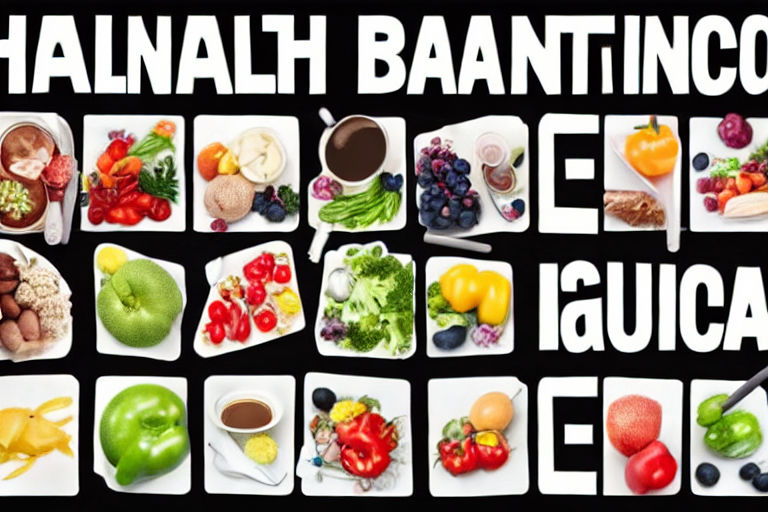How to Create a Balanced Diet That Works for You
Creating a healthy, balanced diet is essential for overall health and well-being. But with so much conflicting nutritional advice out there, it's no wonder that many people are left feeling confused and unsure about what constitutes a healthy diet.
The good news is that creating a balanced diet that works for you doesn't have to be complicated. By following a few simple guidelines, you can develop a nutritious eating plan that will help you feel your best.
Understand the Importance of Balance
When it comes to creating a balanced diet, the key is to focus on balance. This means incorporating a variety of different foods from all the major food groups into your diet.
The major food groups include:
- Fruits and vegetables
- Grains and cereals
- Protein (meat, fish, poultry, beans, lentils, tofu)
- Dairy products (milk, cheese, yogurt)
- Fats and oils (avocado, nuts, seeds, olive oil)
Each of these food groups provides essential nutrients that your body needs to function properly. By incorporating a variety of different foods from each group into your diet, you can ensure that you are getting all the nutrients you need.
Portion Control is Key
While it's important to focus on incorporating a variety of different foods into your diet, it's also important to pay attention to portion sizes. Eating too much of anything can lead to weight gain and other health problems.
To help you control your portions, try using smaller plates and bowls. This can make it easier to keep track of how much you are eating.
Don't Skip Meals
Skipping meals is never a good idea. When you skip a meal, you are more likely to overeat later in the day. Instead, focus on eating three balanced meals a day, as well as a few healthy snacks in between meals.
Plan Ahead
Planning your meals ahead of time can help you stick to a healthy eating plan. Take some time each week to plan out your meals and snacks, and make a list of the ingredients you'll need. This can help you avoid impulse buys at the grocery store and ensure that you always have healthy food on hand.
Hydrate, Hydrate, Hydrate
Drinking plenty of water is essential for overall health and well-being. In addition to keeping you hydrated, water can also help you feel full and satisfied, which can help you avoid overeating.
Don't Be Too Hard on Yourself
Remember, creating a balanced diet that works for you is a journey, not a destination. There will be times when you slip up or make a less-than-healthy food choice. That's okay! The important thing is to focus on progress, not perfection.
By following these tips, you can create a balanced diet that works for you and helps you feel your best.



